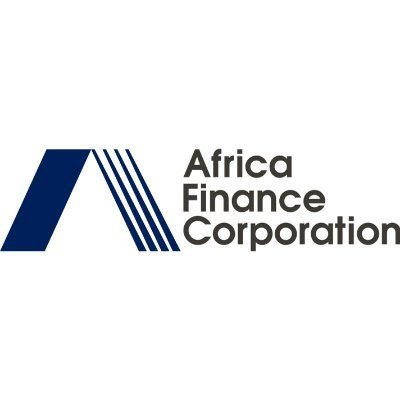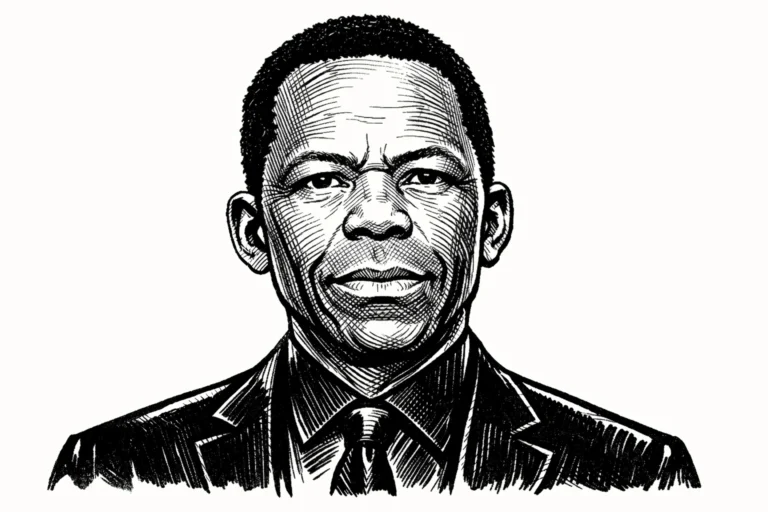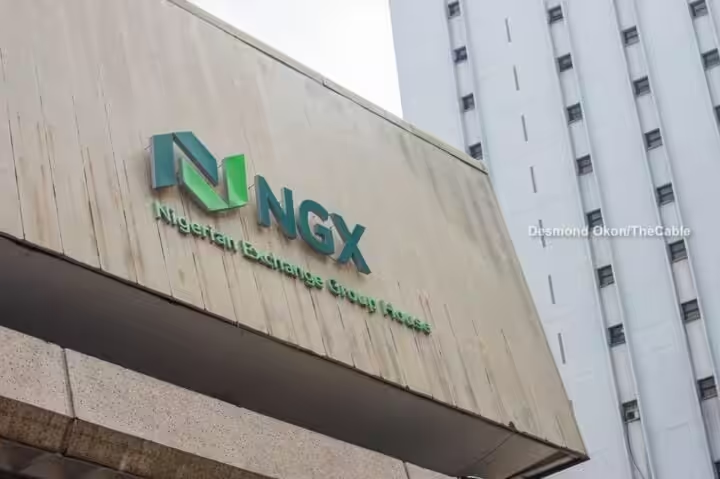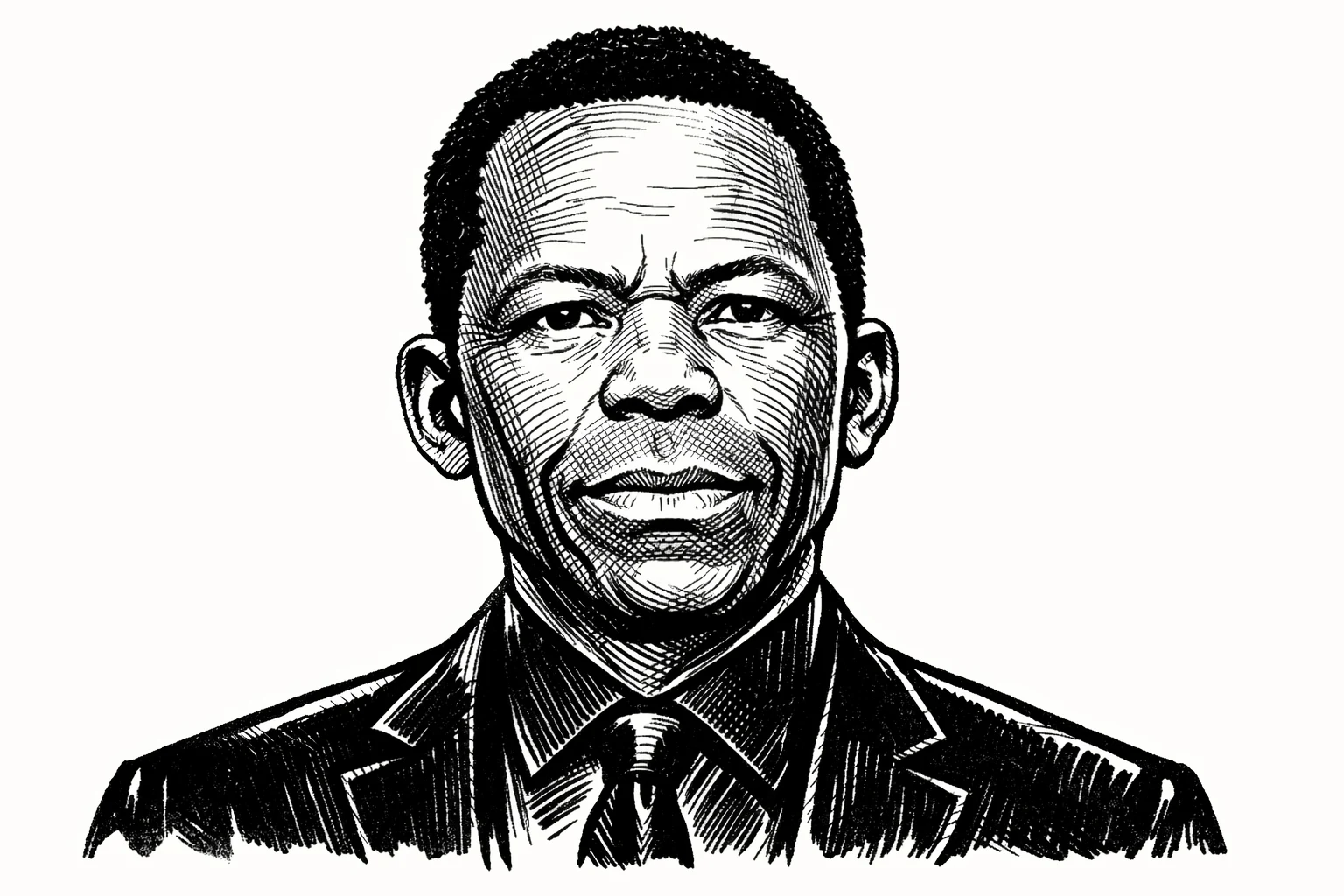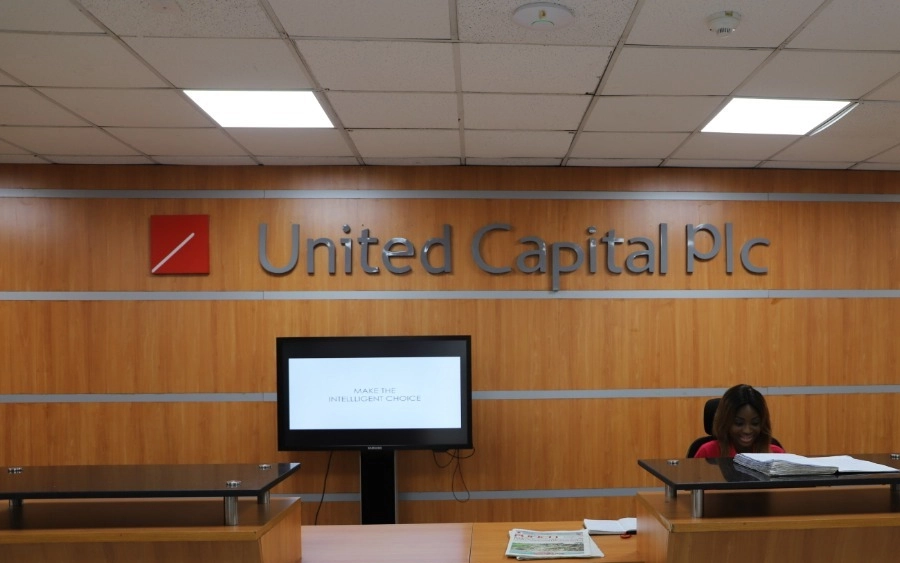U.S. investment bank J.P. Morgan is urging investors to unwind long positions in Nigerian Open Market Operation (OMO) bills, warning that mounting global risks—particularly declining oil prices and renewed trade tensions are likely to heighten Nigeria’s economic vulnerabilities especially as regards the Naira.
In a research note dated April 9, 2025, titled “Frontier Local Markets Strategy: Reducing risk further”, the bank advised clients to exit Nigerian Treasury bills, citing the recent drop in Brent crude oil prices, now nearing the sub-$60 per barrel mark way below the $75 benchmark contained in Nigeria’s 2025 budget.
JP Morgan U-Turn
J.P. Morgan, which had previously supported Nigeria’s high-yield carry trade due to its relative stability, has shifted its outlook. The change is largely driven by a more volatile global environment, including former U.S. President Donald Trump’s re-emergence as a front-runner in the upcoming U.S. elections and his proposed global tariff agenda.
According to the bank, oil prices below $60 per barrel—Nigeria’s estimated breakeven point—could push the country’s current account into deficit, putting significant pressure on the naira and increasing demand for dollar-denominated assets.
J.P. Morgan previously projected that, under such conditions, the naira could weaken beyond ₦1,700 to the U.S. dollar. Currently, the exchange rate hovers around ₦1,500/$1, heavily reliant on sustained foreign inflows.
“While Nigeria may avoid an outright recession,” the note stated, “a significant drop in oil prices below its breakeven level of $60 per barrel would likely drive the current account balance into deficit.”
J.P. Morgan did acknowledge recent steps by the Central Bank of Nigeria (CBN) to stabilize the naira, pointing to a recent 3.6% depreciation, which the bank described as relatively modest given the external pressures.
Global Oil Prices Way Below 2025 Budget Benchmark
The 2025 budget is anchored on on a benchmark oil price of $75 per barrel and an ambitious production target of 2.06 million barrels per day. However, four months into the year, budget implementation is already looking bleak owing to the global slip in oil prices owing in part to Trump’s tariffs and its consequent disruption of global trade.
Checks revealed oil prices first slumped to $65 per barrel last Saturday, Brent crude further hit $64.16 on Monday and this means Nigeria’s projected oil revenue for 2025 became unrealistic, especially with the failure of the Federal Government to ramp up daily crude oil production to two million barrels per day.
Nigeria’s oil production currently stands at 1.75m barrels per day, far below the projected 2m barrels per day figure which has meant Nigeria has not been able to get the projected oil revenue needed to finance the 2025 budget considering Oil revenue was supposed to fund approximately 56% of the 2025 budget.
This gap in Foreign Exchange earnings have exerted pressure on the Naira leading to JP Morgan’s caution that the Naira may soon hit N1700/$ which would prove catastrophic for the Nigerian economy.











